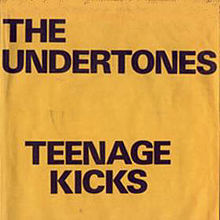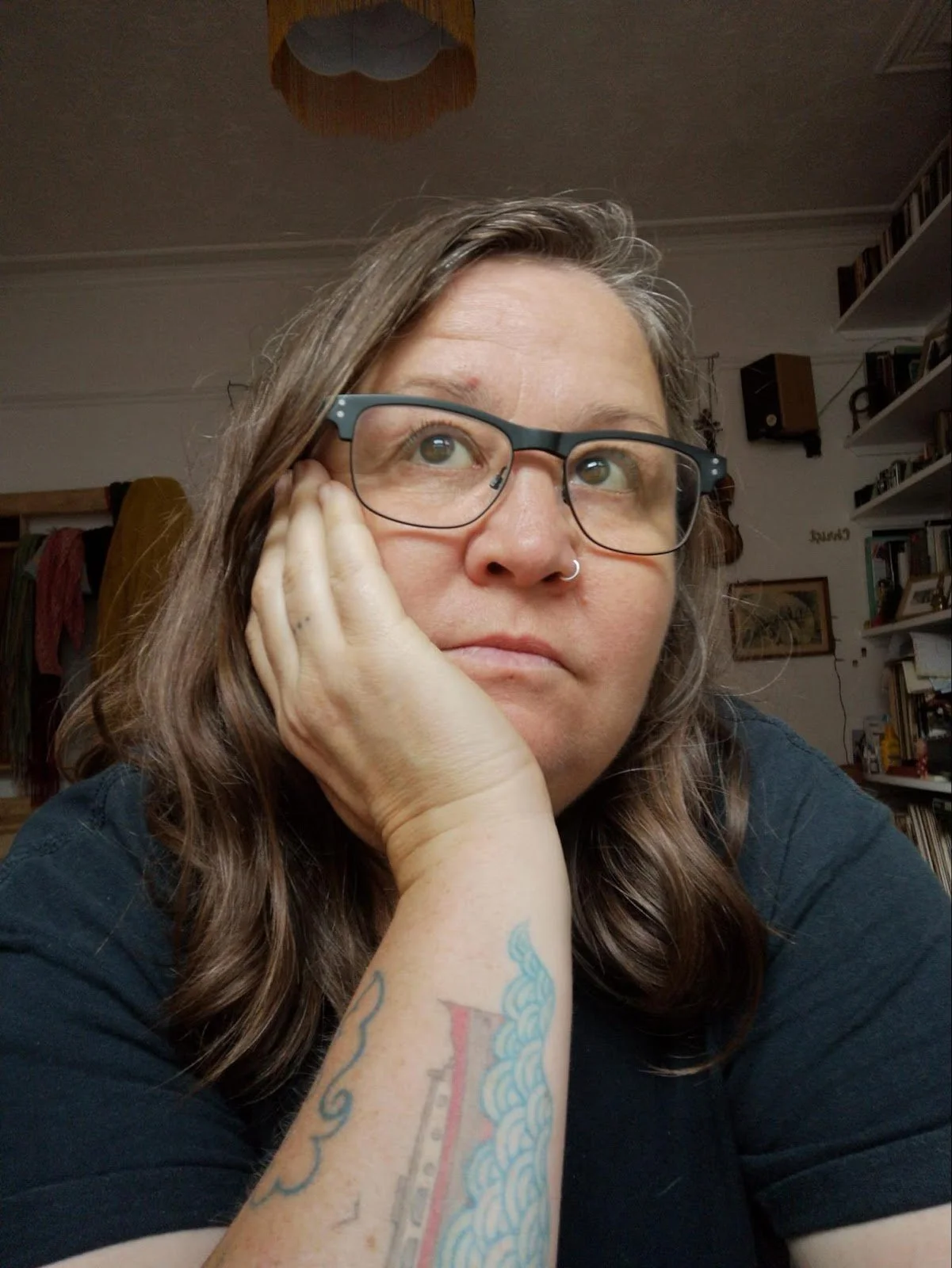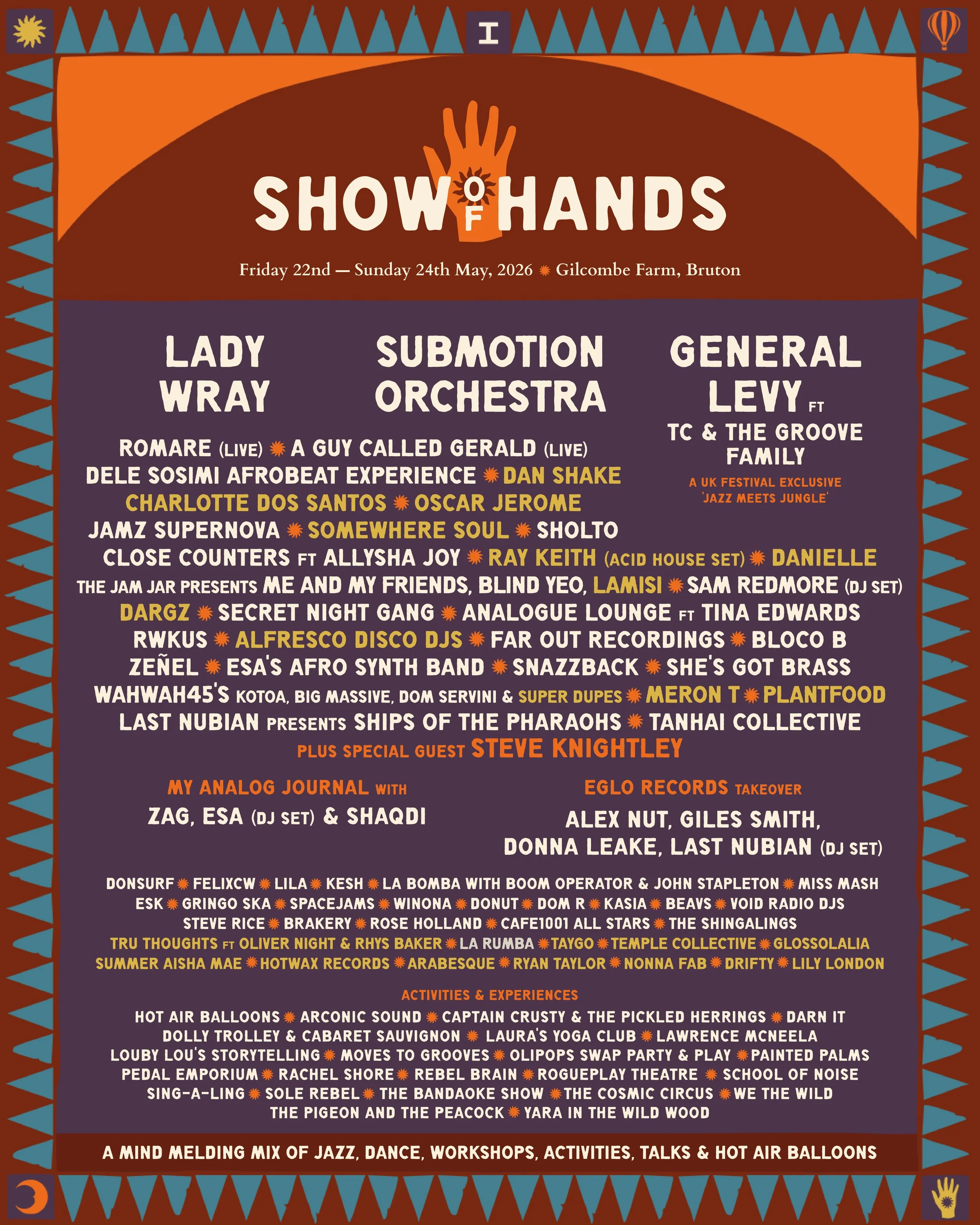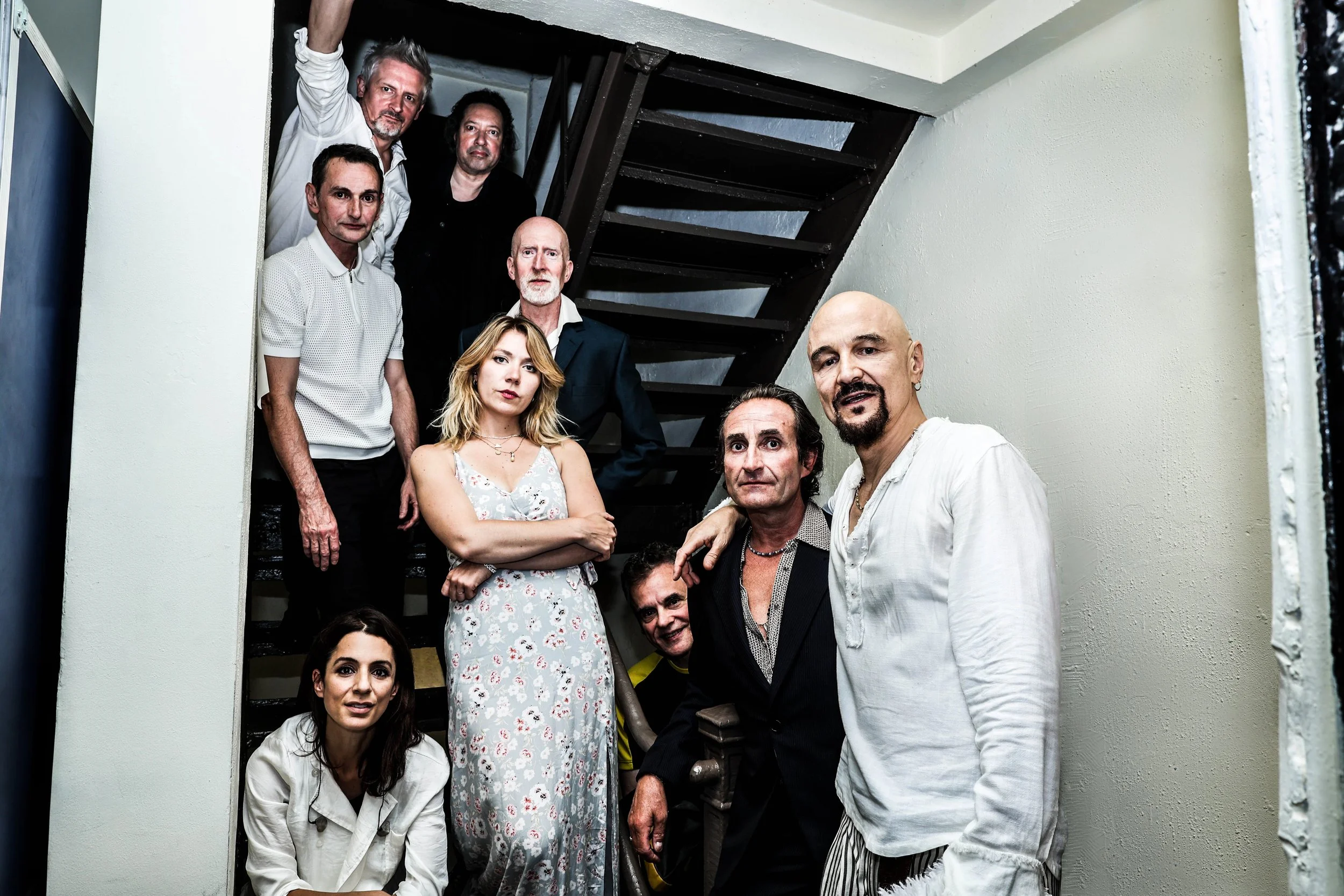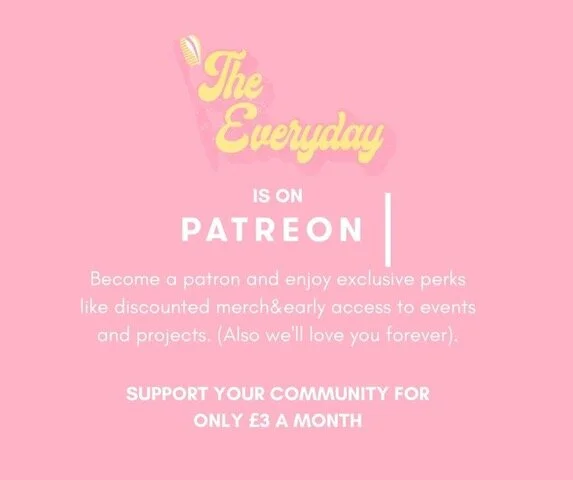Music Critics - Help or Hindrance?
“Harsh critique of live music.
Friend’s bands, delicate language.
Being honest without being nasty.”
I wrote that a while back so I’ve been pondering this stuff for a while.
I sometimes find myself at a gig thinking ... jeez, who told them they sounded good!? And this is why I wouldn’t make a very good critic. The trouble is, I have too many opinions and not all of them are kind. I think to be a critic it’s good to be neutral to a degree, take an overview and be objective. But I love music so much; so I’m passionate, opinionated and subjective. If my words had any influence on how the industry reacted to musicians then I would be doing many of them a great disservice. I use a lot of comparisons which can feel like a lazy approach, but it gives flavour and helps others to navigate their way with it I guess. And if I love it ... expect a lot of superlatives and exclamation points!!!
And that’s just it; it’s all opinion, and I rarely share mine with anyone outside of my network. Those big, bombastic, boring boy bands that earnestly traipse around the UK festival circuit with their usually extremely white cis male posturing, and the audiences who scream and faint at them, are a massive mystery to me. But I find I’m not like a lot of people and my reactions are a bit on the strong side. “Wouldn't life be dull if we all liked the same thing?” is an often quoted phrase to make me stop ranting about the bands I hate. I think we can all agree that there are certain bands that are shite though. I don’t even want to say their names here but they certainly fit the heavily alliterated description above.
Journalism is bound with duty, no matter what sort it is. But when you’re a critic it’s important to be honest without being damning. It’s not enough to say it’s not my cup of cider; you have to quantify that and give people an idea of the sound you just witnessed. I may not like it ... but you might, so if I were to give you a taste then making those comparisons is the best I can offer.
Some bands made it big despite the bad reviews at the start of their musical odyssey. Radiohead were slammed by Mario Mudoz in The Los Angeles Times when Pablo Honey came out in 1993:
"This English quintet's debut doesn't really deliver anything you haven't heard before, steering too close to Smiths-like melodies and trying ever so hard to be depressed in the way The Cure popularized."
There are a great many critics who have cast their shadow across bands trying to break into the heady world of success, but surely at the top of the pithy tree is Lester Bangs. He developed quite a reputation for his absolute putdowns. So maybe it is good to be completely yourself with strong opinions; everybody knows where they are with you then.
His scathing review of Black Sabbath appeared in The Rolling Stone in 1970:
“Cream clichés that sound like the musicians learned them out of a book, grinding on and on with dogged persistence. Vocals are sparse, most of the album being filled with plodding bass lines over which the lead guitar dribbles wooden Claptonisms from the master's tiredest Cream days. They even have discordant jams with bass and guitar reeling like velocitized speedfreaks all over each other's musical perimeters yet never quite finding synch—just like Cream! But worse.”
But his review of Patti Smith’s Horses released in 1976 is a poem in itself: prose of adoration fit for the queen of words. The opening paragraph to this longer piece is sublime in it’s praise but also in it’s accurate view of the world Patti Smith inhabits:
“Patti Smith will survive the media blitz and everybody’s hunger for another "superstar," because she’s an artist in a way that's right old-fashioned; Horses lunges with raw urgency, but her approach is very methodical. She could have done this a long time ago, and has been building steadily, paying dues and learning music fit for the reaches of her poetry so as, when the song is finally delivered, to fulfill all her promises.”
John Peel’s radio show was a huge influence on me in that weird middle bit of the teens, a sort of nowhere land where so much can happen ... and indeed does! I would listen late into the night in my bedroom; crackling, tinny radio under the duvet. Peel introduced me to so much incredible stuff and shaped me musically. When he played Teenage Kicks by The Undertones for the first time in 1978, he played it again straight after. He cried when he heard it, it touched him so much. That surely is the best review of any record ever made! On his gravestone are the words “Teenage dreams so hard to beat”. His devoted promotion of that single gave them their big break. I think there’s more power in truth than in hate.
Paul Morley’s done his fair share of bitchy, pithy pokes at the music machine, none more than his absolute shitshow of missing the point with The Cure. In his review for NME of Three Imaginary Boys, released in 1979, he practically frothed at the mouth!
“Aaah! More alert and anguished young men chalking up more sanctioned and sanctimonious marks. Do not applaud them. This glistening long player contains twelve self-conscious variations upon the smoothly quirky theme, somewhere between hypnotic and indifferent, that brought the world, somewhere between hype and anonymity, the pleasureable 'Killing An Arab'. For one whole album that pretty bending and doodling does a lot less than please, and a lot more than irritate. The Cure's formula is not that marvellous.
But The Cure are not just making pop music. They make things much worse than they could be by packaging this insubstantial froth as if it had some social validity. As if it were going to alter our conceptions of what is real and what is unreal. They garnish their twelve little ditties with unreliable trickery, not content to let ordinary songs die ordinary deaths.”
See the full piece here and The Cure’s excellent response to it.
All these bands you’ll note have done pretty well for themselves.
I realise at this stage my references are as old as me (and older) so to get us a little more up to date, here’s another incredible response to their critics by way of a really powerful song and video from Lizzo and Cardi B. Lizzo had come under such a massive amount of scrutiny for daring to be sexy AND big, but beneath the pop exterior lies an amazing raw talent that many bored middle aged male journalists didn’t see; an intelligent and powerful voice and a sexy jazz flautist to boot! I think these days you judge people by looks at your peril ... we have evolved (a bit) so it’s really cheap swiping at the low hanging fruit of body shapes. DO BETTER PEOPLE! This from Craig Jenkins for Vulture Magazine shows us how those double standards still seem to be holding ground.
“She showed skin on magazine covers and twerked at events, and people lost their minds in the way they do when woke standards for body and sex-positivity are put to the test by the sight of a woman living freely in her sexuality and outside the narrow spectrum of body types historically celebrated in mass media.”
Bravo Lizzo, and bravo Cardi B in all her pregnant glory!
I feel these days a bad review is just that ... a little stand alone thing, often an angry man in a jar with the lid on. I’m not sure it really has the power it used to. The days of critics wielding their acid pens and asking us all to bow down to their versions of the truth are gone. They used to hold a lot of sway, but with the democratisation of journalism by way of the internet, their power has been diluted. We don’t all have to beg for a chance at the NME, Sounds Magazine or Smash Hits any longer. The fact that two of those are defunct now is very telling. With the onset of social media we are ALL critics, so we get to paint our own version of events and share the love among our peers. Should that have further reach, then in our hands is a delicate balance of love and hate, and we must be mindful of that.
I think it’s fair to use the same rules that should apply to good comedy, never punch down! It’s fine for me to have some bitter and funny one liners at the gig with my friends, or even share a rude take on my own social media, but if I was a music journalist I would need to take a more objective view and paint a sonic picture with words and create a gateway for the reader; they choose whether to walk through it or not. Or channel the full pelt of Lester Bangs with his curly language, philosophical takes and bitchy slices!
I think in summary I feel like a review is less to do with the band itself and more to do with the reviewer. A punchy way to be heard above the music. So listen and judge for yourselves.
Photo of Lester Bangs from Reddit
Photos of Teenage Kicks and Three Imaginary Boys from Wiki
Written by Vonalina Cake
I’m Von Cake, a freelance photographer and writer. I’ve been writing for The Everyday since its inception and have really enjoyed the freedom to explore my journalistic desires through this medium. Most of my pieces are self explorations and reminiscences of my own life. Through this lens I can explore various cultures and movements. Even when I try not to, I often find myself in the writing. My dream is to be a photographer and writer full time and earn enough to live well from it. My favourite places to be are in the pit at the gig or in my writing chair at home. I was told to stop daydreaming out of the window a lot at school. Well...I never stopped. Keep dreaming.


